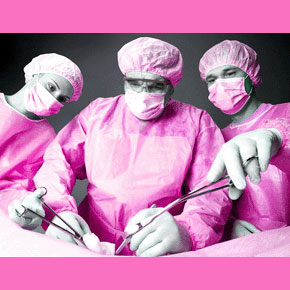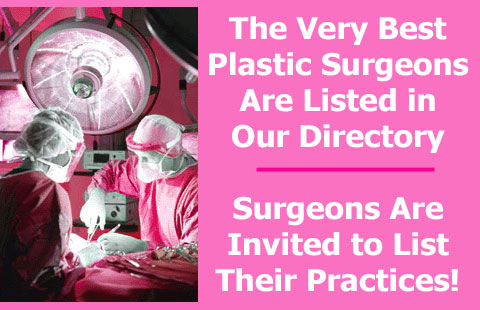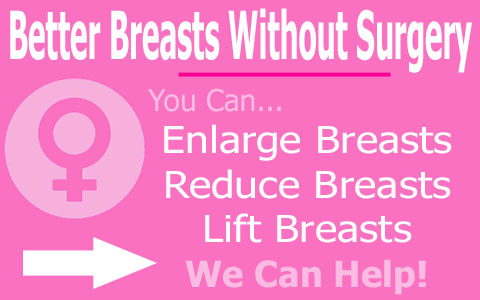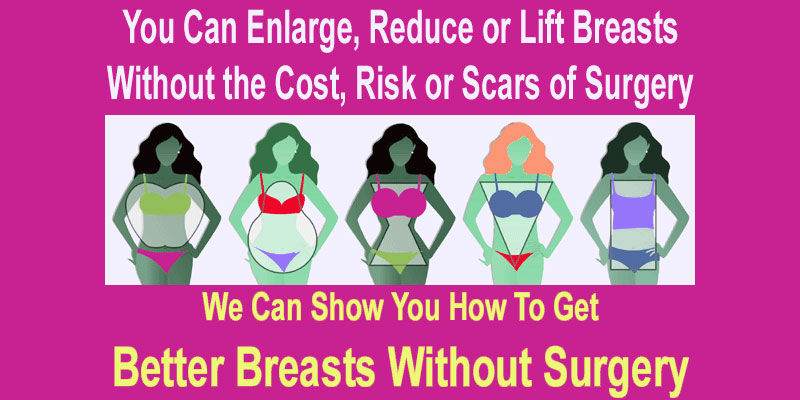
Varicose vein surgery consists of both fully open operative interventions, as opposed to far more popular and recommended minimally invasive or noninvasive solutions. “Open” surgery means that an incision is utilized and tissue is dissected to reach the troublesome vein location. These varieties of procedures were utilized for many years in order to resolve problematic vein concerns, but have now been almost completely replaced with less risky injection-based techniques. However, in some scenarios, surgical interventions are still needed to resolve certain types of venous problems. In these cases, patients must fully understand their options in order to minimize risk and maximize the potential for positive treatment outcomes.
This guide delves into surgical procedures for correcting varicose and spider vein problems anywhere in the anatomy.
Varicose Vein Surgery Options
There is more than one procedure available to resolve unaesthetic and possibly painful venous abnormalities. Here are some of the typical surgical methods of dealing with varicose and spider veins:
Actual open surgical procedures include the minimally invasive phlebectomy and TIPP approaches.
More invasive approaches to care include vein ligation as well as vein striping and removal modalities. These operations are generally considered antiquated technologies and are only recommended if less invasive techniques are contraindicated for some particular reason.
Laser surgery procedures are bloodless and virtually noninvasive, as well as successful in most cases. There are many techniques used including the EVLT and pulsed light modalities.
As an alternative to open surgery, sclerotherapy is a highly effective injection-based procedure which works to clear up even the worst varicose conditions.
Radiofrequency ablation, lesioning and occlusion techniques, such as the VNUS procedure, also allow patients to avoid the hazards of open surgical interventions.
Spider Vein Surgery Information
Open surgery, regardless of whether it is minimally invasive or fully invasive, demonstrates higher incidence of health risks due to anesthetic, infection and possible cross contamination of surgical implements. Laser and radiofrequency procedures are excellent options, as are many more conservative measures which do not require open surgery at all. These high technology approaches are quickly becoming industry-standard treatments for so many types of varicose vein concerns.
Injection treatments are also far less invasive and can be equally effective to more drastic methods of vein care. Injections are still risky to some degree, but demonstrate less dramatic dangers than open surgical techniques.
Remember that some minor to moderate varicose vein issues can be resolved by simply losing weight and using compression stockings. The holistic way is always an ideal path of therapy.
Pharmaceutical products also are helpful for curing patients who want to avoid surgical solutions for venous issues, but these drugs may have risks of their own, which should be discussed with your doctor prior to use.
In research surveys, most physicians caution patients against open surgery for venous issues and instead recommend starting with the safest, least invasive methods of therapy possible and only increasing the level of risk if more conservative measures fail.
Varicose Vein Surgery Cautions
Why put yourself through the trauma and risks of surgery if you can solve your varicose vein concerns using noninvasive interventions? We recommend talking to more than one doctor to find out about your many options for vein care and stick to the least invasive methods available to you. This is particularly good advice if you have only sought one opinion and surgery was recommended.
Remember that you can always escalate your treatments to include surgery if less invasive modalities fail. However, statistics show that even conservative care works well for many cases of varicose and spider veins, while moderate to severe cases can still be cured without open surgery in almost every instance.
For more information about the best treatment for your specific vein-care needs, talk to your doctor or seek care from a specialist in varicose vein removal.



